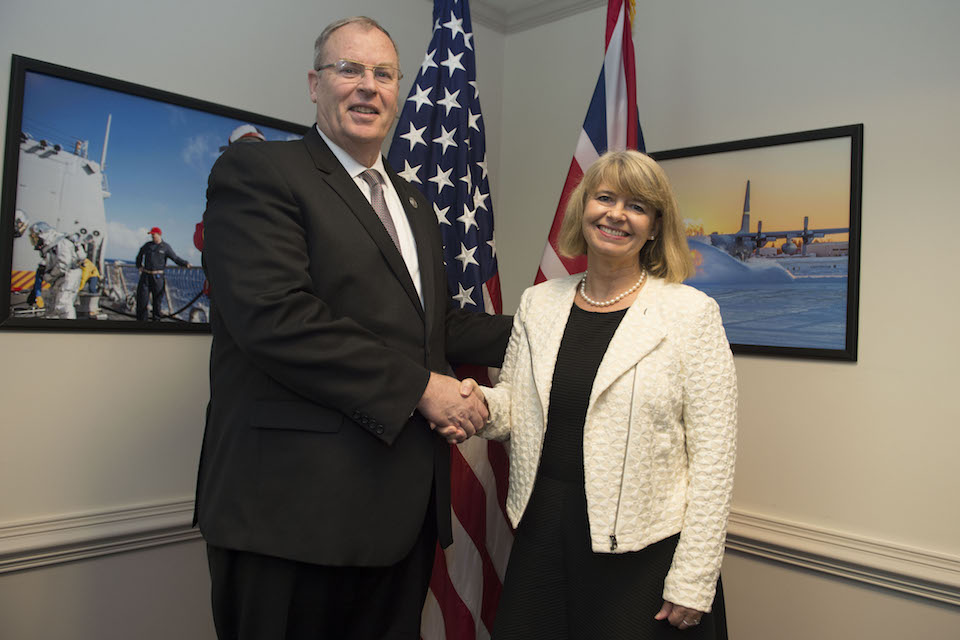As millions of Chinese head home for Spring Festival, volunteers, charity groups and railway companies are helping them on their way.
Spring Festival, or the Chinese Lunar New Year, is the most important occasion in the Chinese calendar. This year it falls on Jan. 28.
About 3 billion trips are expected to be made during “chunyun,” the Spring Festival travel rush that lasts this year from Jan. 13 to Feb. 21, the National Development and Reform Commission said.
The travel rush puts enormous strain on the transport system, leaving tickets in short supply, but many companies and local youth leagues are helping out by providing free bus rides for migrant workers.
Cheetah Mobile, a tech firm in Beijing, asked people to submit online requests for a free bus ticket back home. On Tuesday, the company arranged for buses to take more than 450 Beijing migrant workers back home.
“In the past five years, the ‘orange bus’ project has reached 18 cities in China during the Spring Festival, and helped 5,500 families to get together,” said Xu Xiaohui, vice chief of the company.
Last week, Ping’an Group, an insurance company, commissioned 200 long-distance coaches to carry 10,000 migrant workers during the festival period.
Volunteers have also tried to make the tedious journeys easier for travelers.
At Hangzhou east railway station, volunteers handed out fortune paintings to travelers. Chinese people put such paintings, along with couplets, on doors and windows for the lunar New Year celebration.
A number of rail lines, particularly those that are less busy, have improved services. For example, some trains now have play areas for children.
“Railway staff are actively pushing reform. We aim to provide efficient and heart-warming services, making tortuous hours on the train a nice experience,” said Wang Feng, head of the Lanzhou Railway Bureau.

